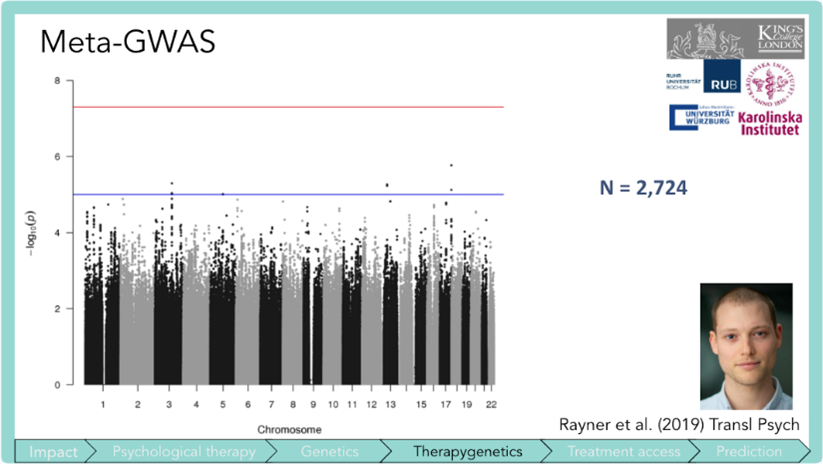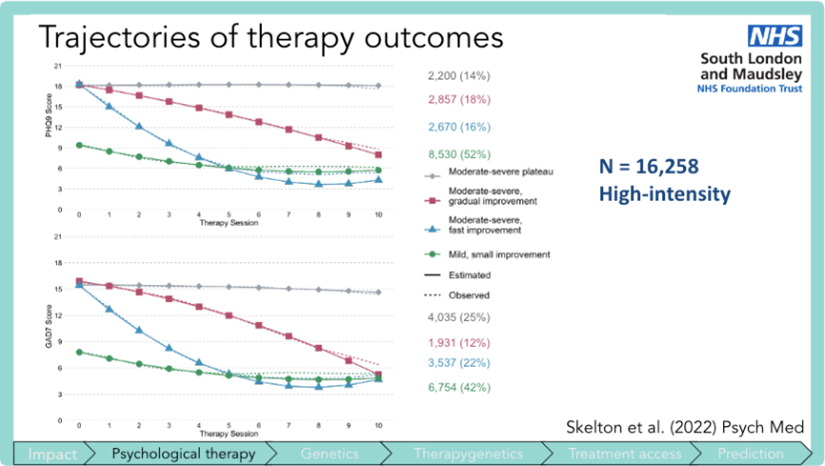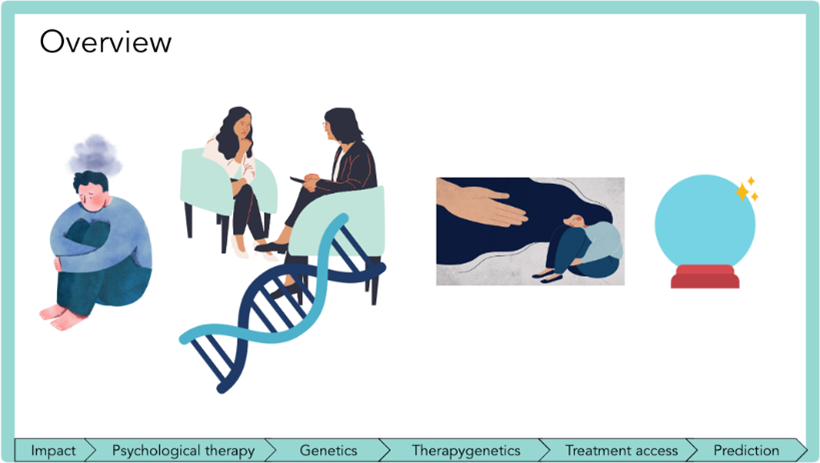In this blog, Meg Skelton (EDIT Lab Postdoctoral Research Associate) shares her experience of presenting a plenary lecture at a recent conference.
In my Personal Development Review earlier this year, I said that I felt it would be beneficial for me to talk at more events. Why would I do this to myself, you ask? Do I love public speaking? The pull of an opportunity to crash and burn in front of an audience? Not quite. But I do think that presenting your research outside of your ‘bubble’ is important for a number of reasons:
1) Whether a lay or scientific audience, people with different experiences and expertise probably have perspectives you haven’t considered. Therefore, they might identify weaknesses that you can (hopefully) address, or suggest new ideas for your work.
2) Exposure. (i) Professional: more people will hear of you and your work. This could lead to your research being more widely cited and impactful, and to invitations to collaborate or to present at other events. (ii) Extinction: experiencing an anxiety-inducing situation without an adverse outcome can help to decrease your anxiety about the situation. Communicating findings is a crucial part of doing science and oral presentations can be especially engaging. So, if you want to be a scientific researcher, it helps if you can build confidence in your public speaking.
3) It’s more likely that other event attendees will come and talk with you (p = ?). This opens up opportunities for collaboration, interesting conversations, and/or a conference friend!
The conference I was invited to speak at was the “Congresso Nacional de Psiquiatria” (National Congress of Psychiatry). As a bonus, it was in the sunny Algarve, Portugal in November, when the UK weather is particularly grim! The talk was a plenary lecture, with a 45 minute slot for the presenter. A plenary lecture is a session that all conference attendees are available to attend, as nothing else is scheduled at the same time. The theme of the conference was ‘precision psychiatry’ and I was asked to speak on precision (or ‘personalised’) psychotherapy, the idea of allocating patients to the treatment most likely to help them. Specifically, the conference organisers were keen to hear about our research on the role of genetics in response to psychological therapy, which we call ‘therapygenetics’.
I’d never given a longer talk at a conference, so I started preparing my slides about a month beforehand. Key to my preparation was having a practice run-through in front of the rest of the EDIT Lab. The group gave me really helpful feedback including areas to cut or elaborate. Here are some of my final slides:
I prefer to speak without relying on presentation notes as you never know if you’ll have access to them on the day, and I don’t like to look down whilst presenting. I also try not to have a strict ‘script’ as forgetting one part throws you off, but I still needed to remember 45 minutes’ worth of information. I had some serious nerves the night before my talk! I put my hope into the powers of an early night – sleep helps to consolidate memories after all.
My session was at 9:30am but I hadn’t received information on where to go or who to send my slides to, so I spent an hour beforehand dashing around figuring this out! I was presenting in the large auditorium of the congress centre, which looked rather imposing. At the start of my session the room was almost empty as the other talks were scheduled to finish when mine started. I waited on the stage for the session chair, a kindly retired psychiatrist. When he arrived, he casually asked if I knew that I had 30 minutes to speak, and a 15-minute discussion afterwards. Shocked, I explained that the email had stated the presenter had 45 minutes; I had assumed the whole slot was an hour. He said I would have to “be speedy”! We waited a little longer but I had to start while people were still arriving. I tried my best to present all the key information whilst speaking at a pace that the audience could follow. The talk went fine, no calamities to swear me off from ever presenting again. My one question was from a Professor from Oxford University, Catherine Harmer, who indeed I did speak with afterwards. We ended up going for dinner, which was really lovely! Professor Harmer’s plenary lecture on antidepressant response was in fact my highlight of the conference. Overall, I feel my talk was a success and it’s definitely built my confidence in giving longer presentations to external audiences. I’ve also learnt to be aware that, yes, you should prepare well, but there can be unforeseen circumstances that trip you up on the day, so try to be as flexible and accepting as you can!




